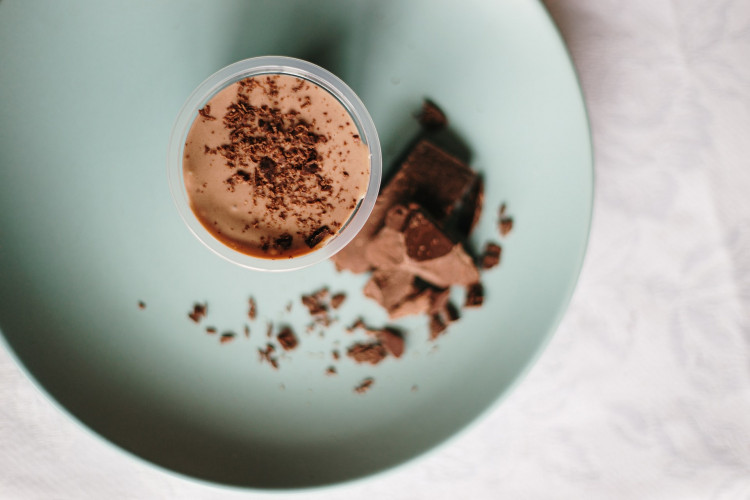Healthy adults' brains recovered quickly from a mild vascular challenge and did higher on complicated tasks if subjects had previously eaten cocoa flavanols, researchers write in the journal Scientific Reports. In the study, 14 of the 18 participants saw these changes after the consumption of flavanols.
Previous studies have shown that consuming foods high in flavanols can support vascular function, but this is the first to have a beneficial impact on brain vascular function and cognitive output in young, healthy adults, said Catarina Rendeiro, a researcher and lecturer in nutritional sciences at the University of Birmingham, who led the research.
The new research takes the lead from such studies and builds on the notion that if cocoa flavanols improve vascular function and help the heart, can they also improve vascular function in the brain and thus improve cognition?
In order to investigate whether cocoa flavanols enhance cerebrovascular function, connecting them to cognitive function changes, the researchers recruited 17 young subjects without any brain, heart, vascular or respiratory disorders. Both participants were non-smokers, too.
The researchers chose to choose this category of participants because they assumed that the impact of cocoa flavanols on these people would be more stable than those with illness or health problems. Cerebrovascular functions of the brain participants were assessed prior to the start of the study.
Since the study finished, the researchers underwent two independent experiments. In one case, they were given flavanol-rich cocoa and, in the other, refined cocoa with a very low flavanol content. Two hours after the chocolate was eaten in each experiment, participants were given a regular examination to question their brain vasculature: they were asked to breathe 5% carbon dioxide air.
This challenge stimulates a reaction known as oxygenation, which increases the flow of blood to the brain so that this vital organ can remove carbon dioxide. Researchers observed that nearly all participants had a better and faster oxygenation reaction after eating flavanol-rich cocoa than they did after consuming low flavanol cocoa. This oxygenation reaction was more than three times higher and almost one minute faster in the flavanol-rich cocoa test.
Furthermore, participants have done well on cognitive challenges, with their ability to solve difficult problems being 11% quicker than when they drank low-flavanol chocolate. These extraordinary findings were found to be absent in only four participants who, according to the researchers, had already had outstanding oxygenation speed before the start of the study.
The scientists concluded, therefore, that while those who are extraordinarily fit do not have the same improvements in cerebrovascular and cognitive functions after the use of cocoa flavanols, those young adults who are healthy do display striking improvements. Researchers now plan to take these results forward to see if young adults who are not healthy have the same reaction to cocoa flavanols.






